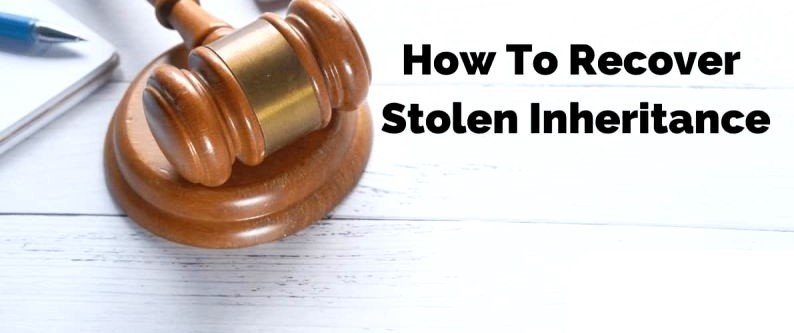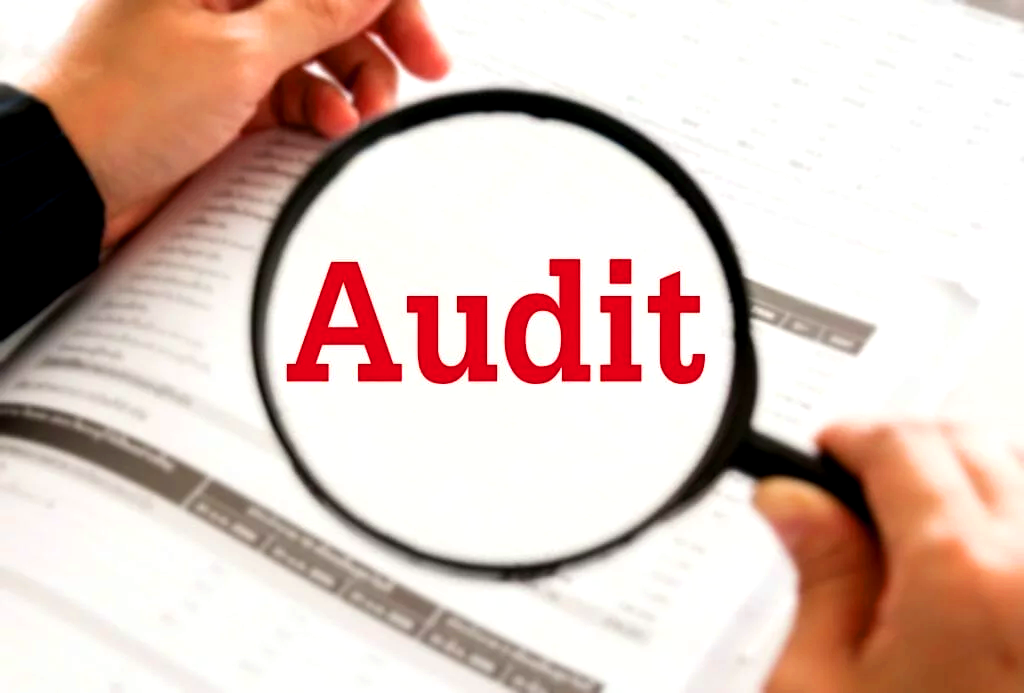Why Does Your Health Insurance Claim Gets Rejected?

Health insurance is a critical aspect of managing one’s healthcare expenses. It provides financial protection against unexpected medical costs and ensures that policyholders have access to necessary healthcare services. However, despite having health insurance coverage, many individuals face the disappointment of having their claims rejected. In this article, we will explore the common reasons why health insurance claims get rejected and provide insights on how to avoid claim rejection.
Introduction
Health insurance claims are submitted by policyholders or healthcare providers on behalf of policyholders to insurance companies for reimbursement of medical expenses. The process involves providing relevant information and supporting documents to substantiate the claim. However, even with careful submission, health insurance claims can get rejected due to various reasons, causing frustration and financial burden to the policyholders.
Common Reasons for Claim Rejection
Understanding the common reasons for health insurance claim rejection can help policyholders avoid potential pitfalls in the claims process. Some of the common reasons for claim rejection include:
Incomplete Information
Providing incomplete or inaccurate information in the claim form can lead to claim rejection. Missing details, incorrect policy numbers, or inaccurate patient information are some examples of incomplete information that can result in claim denial.
Lack of Pre-authorization
Many health insurance policies require pre-authorization for certain medical procedures, treatments, or hospitalizations. Failure to obtain pre-authorization from the insurance company before availing of such services can lead to claim rejection.
Exclusion Clauses
Health insurance policies often have exclusion clauses that specify the conditions or treatments not covered under the policy. Availing of services that are excluded from the policy can result in claim denial.
Non-disclosure of Pre-existing Conditions
Policyholders are required to disclose their pre-existing conditions at the time of policy purchase or renewal. Non-disclosure of pre-existing conditions can result in claim rejection if the insurance company determines that the condition was known but not disclosed.
Timely Filing of Claim
Insurance companies typically have a deadline for filing claims. Failure to submit the claim within the specified time can result in claim rejection.
Documentation Errors
Incorrect or incomplete documentation, missing or misplaced supporting documents, or errors in medical coding or billing can all lead to claim rejection. Insurance companies require accurate and complete documentation to process claims, and any errors or omissions can result in claim denial.
Incorrect Coding
Medical coding is a complex process that involves assigning specific codes to medical procedures, diagnoses, and treatments for billing and reimbursement purposes. Errors in coding, such as using incorrect codes or modifiers, can result in claim rejection as it may not align with the policy coverage or medical necessity criteria.
Billing Discrepancies
Billing discrepancies, such as overbilling or unbundling of services, can result in claim rejection. Insurance companies closely review billing details to ensure that the charges are reasonable, necessary, and in compliance with their reimbursement policies.
Provider Network Issues
Health insurance policies may have a network of preferred providers, and availing services outside of the network can result in claim denial. It is essential to verify if the healthcare provider is in-network with the insurance company before receiving services to avoid claim rejection.
Policy Lapses
Policyholders must keep their health insurance policy active by timely paying premiums. Failure to pay premiums or allowing the policy to lapse can result in claim denial as the coverage is not in force during that period.
How to Avoid Claim Rejection
While claim rejection can be disappointing, policyholders can take proactive steps to avoid potential issues. Here are some tips to help avoid health insurance claim rejection:
Understanding Policy Terms and Conditions
It is crucial to thoroughly understand the terms and conditions of the health insurance policy, including coverage limitations, exclusions, pre-authorization requirements, and filing deadlines. Being aware of these details can help policyholders ensure that their claims are in compliance with the policy requirements.
Read More: 5 Common Defenses in Car Accident Claims
Providing Accurate Information
When submitting a claim, it is vital to provide accurate and complete information, including policy numbers, patient details, and medical history. Any discrepancies or errors in the information can lead to claim rejection, so it is essential to double-check all details before submission.
Obtaining Pre-authorization
If the health insurance policy requires pre-authorization for certain services, it is crucial to obtain the necessary authorization from the insurance company before availing of those services. Failure to obtain pre-authorization can result in claim denial.
Reviewing and Correcting Documentation
Thoroughly reviewing and correcting all documentation, including claim forms, medical records, bills, and coding details, can help ensure that the information is accurate and complete. This can significantly reduce the chances of claim rejection due to documentation errors.
Timely Submission of Claims
Adhering to the insurance company’s filing deadlines and submitting claims in a timely manner is crucial. Late submission of claims can result in a claim denial, so it is essential to be aware of the deadlines and submit claims promptly.
Double-checking Coding and Billing
Reviewing and verifying the medical coding and billing details can help identify and correct any errors or discrepancies. Ensuring that the codes and charges align with the policy coverage and medical necessity criteria can reduce the risk of claim rejection.
Verifying Provider Network
Before seeking medical services, it is important to verify if the healthcare provider is in-network with the insurance company. Using in-network providers can help avoid claim rejection due to out-of-network services.
Maintaining Continuous Coverage
Keeping the health insurance policy active by timely paying premiums and avoiding policy lapses is crucial to ensure that claims are processed without any issues. It is important to maintain continuous coverage to avoid claim denial due to lapsed policy.
Seeking Assistance from Insurance Agent
If policyholders are unsure about the policy coverage or claims process, it is recommended to seek assistance from their insurance agent. Insurance agents can provide guidance on policy details, and claims submission, and help navigate through the claims process to avoid potential issues that may lead to claim rejection.
Conclusion
Health insurance claim rejection can be frustrating and result in unexpected out-of-pocket expenses for policyholders. Understanding the reasons behind claim rejection and taking proactive steps to avoid potential issues can help ensure that claims are processed smoothly and reimbursements are received in a timely manner.
It is important to provide accurate information, review, and correct documentation, adhere to policy terms and conditions, obtain pre-authorization if required, timely submit claims, verify provider network, and maintain continuous coverage to minimize the chances of claim rejection.








3 Comments